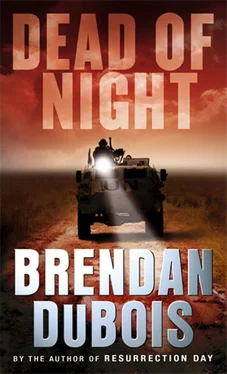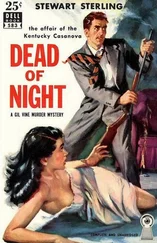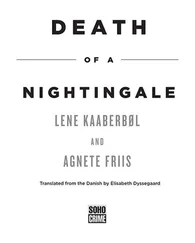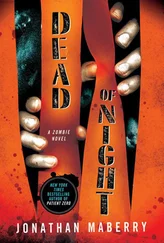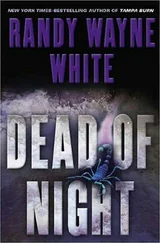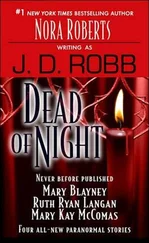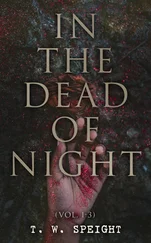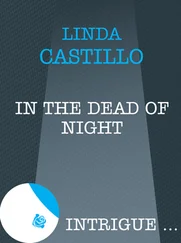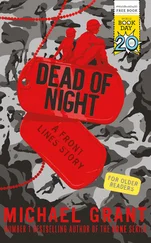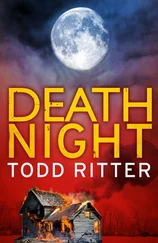They made room for us and I saw that we were all heading to the basement. I said, ‘Is the British Army making us breakfast today?’
There were smiles and one soldier said, ‘Dunno, mate -why do you ask?’
‘I thought that’s why the British Army conquered the world,’ I said. ‘They were looking for a good meal.’
They laughed at that. Then the door slid open, and out we went.
* * *
There was a line snaking out into the corridor, and I talked with Miriam as we slowly made our way in. I found out about the desperate hours after the shooting that had left Sanjay dead and me missing, and how Charlie had gone back with a few of his comrades to retrieve the body and look for me. I guess that little mission had ticked off the higher-ups in Albany, because with the armistice breakdown all UN-assigned forces were supposed to withdraw to the compounds and refugee camps, to await the outcome of negotiations.
According to Miriam those negotiations were still going on. Not much had happened in the country since I had caught the beautiful tones of the CBC on Stewart Carr’s radio, telling listeners about the armistice still not being back in place in Michigan, New York, Vermont, New Hampshire and other states as well.
As we finally got into the cafeteria, into the large room with the cooking smells and the sounds of about a half-dozen languages bouncing off the low tile ceiling, Miriam said, ‘And so it goes. The men with guns try to keep on killing and stealing, while the rest of us struggle to find some kind of peace.’
I was about to reply when I noticed, sitting by himself at a tiny two-person table, an older man who was sipping a cup of tea and looking over at us. His white hair was in a crew cut and he had a thick handlebar mustache. He wore fatigues and black boots, but with no insignia. He looked at me and I looked at him, and I squeezed Miriam’s hand.
‘Will you excuse me for a moment?’
Her expression was troubled. ‘Is something wrong?’
‘You could say that,’ I said. ‘I have to go see that old man over there.’
Miriam spotted him and said, ‘Why? Do you know him?’
‘No, I’ve never really known him all that well,’ I said. ‘But I am related to him.’
‘Really?’ she asked. ‘Who is he?’
I moved out of the line. ‘He’s my father.’
I went over and my father looked up at me. ‘Samuel, so good to see you. Have a seat.’
I remained standing. ‘Gee, how nice of you to come see me in my room.’
He slurped at his teacup. ‘Don’t get your panties in a twist, Samuel. I knew you were up in your room. I knew you were safe. And this is the only place around here that serves breakfast, swillish as it might taste. So I knew you’d be coming along. Just have a seat, all right?’
I pulled a chair out, sat down. Still standing in line was Miriam, who was looking over in our direction. Father noticed and said, ‘Who’s she? A local, perhaps?’
‘Miriam van der Pol,’ I said. ‘One of the UN investigators I was working with.’
‘Aahh,’ he said. ‘Very sweet-looking thing. A girlfriend, perhaps?’
‘None of your business, perhaps,’ I said. ‘What are you doing here?’
‘Well, so much for father-and-son greetings, eh?’ he said, putting the cup down on the dirty table. ‘I’ve been here in this miserable country for three days, ever since I got word that you’d been reported missing. I tried using some of my old contacts, some of my old friends, to see what I could find out.’
‘I’m surprised anyone would be seen talking to you,’ I said.
There was a bright spark of anger in my father’s eyes that immediately transferred itself to the rest of his face, where the skin reddened. ‘That was some time ago,’ he said. ‘And I don’t need you or anyone else reminding me about it. Don’t you think I’ll always remember my time in Somalia, and the trial that followed? Don’t you?’
I looked ,at that stem face, remembered all the times when seeing that particular expression would freeze me, would frighten me, would make me do or say anything to get away from that look. But it didn’t look frightening, not now, not after the past few days. It just looked tired and angry.
I sighed. ‘Yeah, I’m sure you will.’
‘Damn right,’ he said. ‘So here I was, fighting the new war, the war of bureaucrats, trying to find out from what department something might be learned about your fate, Samuel. One office passed me off to another office, one unit to the next. Some people thought you were just missing, others thought you might be a prisoner of one of those gangs of thugs. About the only good fella I met was that black Marine assigned to your unit, Charlie something-or-another.’
‘Charlie Banner,’ I said.
Yeah, Banner,’ my father said. ‘I could talk to him, you know? Like one professional soldier to another.’
I opened my mouth to say something, thought better of it, though my father noticed right off. ‘Hey, I know what you’re thinking, right? A professional soldier. Maybe an oxymoron, right? We’re just trained killers with no brains, sent in to kill or destroy or blow up things. How can we be trained to do anything except that? But listen to me, young man, it’s the trained ones who protect you and your friends. And it’s the trained ones who are called in to clean up other people’s messes, other people’s disasters. Your great-grandfather and grandfather served their country well in uniform. And I did my best as well, despite what happened in Somalia. So there.’
I rested my hands on the stained table. ‘So there. A nice answer, Father. Look, I’ve heard the lectures about the military plenty of times. And I know you wished I had joined the military instead of going into journalism. Let’s just leave it be, all right?’
He stared at me for a moment and I felt a twinge of regret, knowing what was going on inside his mind. His failure as a husband, as a soldier who wanted nothing more than to have the Simpson military gene passed down to another generation. A chance, maybe, to redeem the Simpson family name, which had been burnished at Dieppe and in Korea, and had for ever been tarnished in a hot and dusty place called Mogadishu.
I smiled. ‘Look, Father. I appreciate you coming here. I really do. But seeing you here… well, it was just a start, that’s all.’
He took another sip from his teacup. That seemed to mollify him some, and he looked around. ‘They don’t know how easy they have it here,’ he said, his voice lower now, like he was confiding in me. ‘Here they have power, hot water, hot food and pretty safe conditions, if they keep their noses clean. In Somalia we had tents, dirt everywhere, flies and other vermin, and no air-conditioning, no power, nothing. Here they have the militias. Big deal. They’re a minority out in the towns and counties. A well-armed minority, but still a minority. Back in Somalia there was no government, no officials. There were clans and sub-clans, with alliances shifting from week to week. Here, negotiation is dealing with maybe a half-dozen clowns with guns. Over there, dozens and dozens of groups of crazies…Still, it doesn’t excuse what happened, right?’
I nodded. My father toyed with his teacup. I glanced over at the line, saw that Miriam had moved ahead. My stomach grumbled, wanting breakfast, but something was going on here. I wanted to wait.
‘We were frustrated, cooped up like that. Day after day, under hot canvas, hardly anything to do. We had warriors there, Samuel, highly trained and eager warriors. You can’t keep them penned up for days. I asked, I pleaded, I begged the powers that were to either send them home or to give them missions. Anything to get out of that blasted tent city. But I was turned down, always turned down. Negotiations were at a delicate stage, they said. Local sensibilities can’t be offended, they said. So keep your boys confined to base until further notice. Jesus Christ on a crutch. Still… no excuses. They did an awful thing, and I did a worse thing, trying to cover it up.’
Читать дальше
